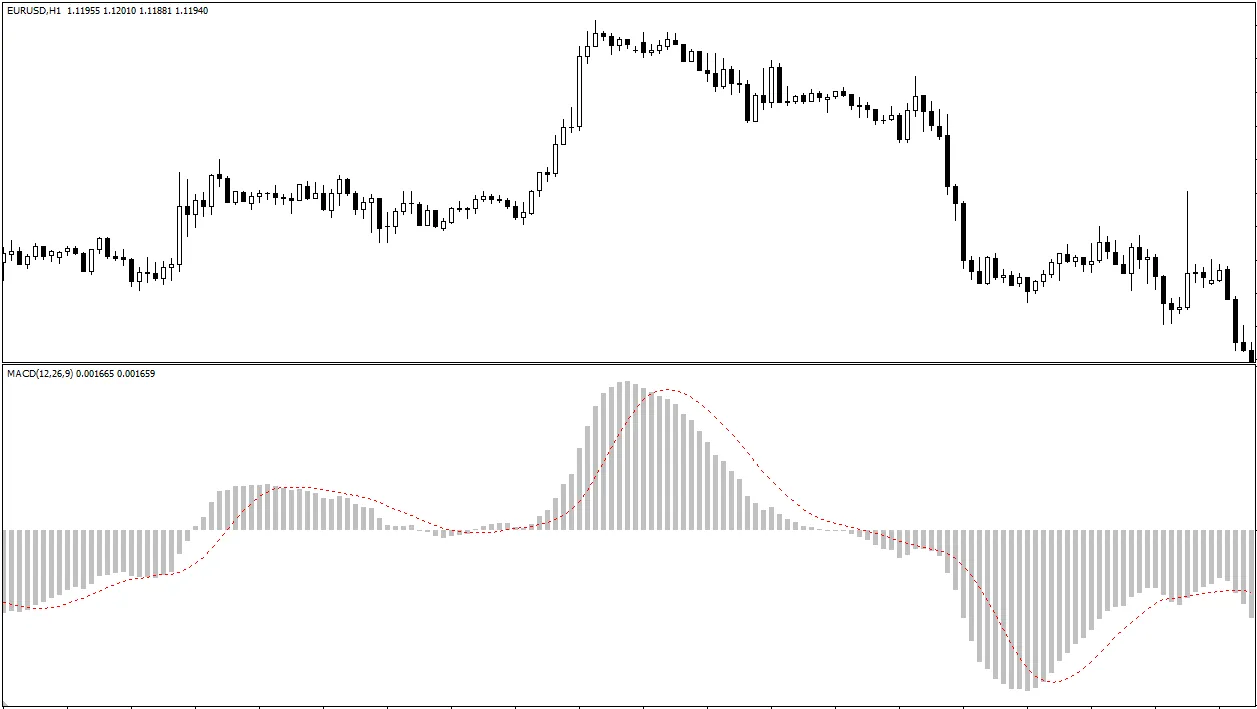In-Depth Analysis of Forex Trading Costs: Not Just Spread, but Also Commission and Swap Fees!
In forex trading, accurately calculating and controlling costs is one of the key factors that affect your final profitability.We have already detailed the most common cost—the "Spread" —in previous articles.
However, besides the spread, depending on your chosen broker, account type, and trading habits, you may also encounter two other main costs: "Commission" and "Swap/Rollover Fee".
Many beginners may only pay attention to the spread and overlook other fees, leading to inaccurate estimates of actual profits and losses.
To help you comprehensively understand trading costs and avoid unnecessary surprises, this article will explain these three main costs one by one and under what circumstances they occur.
1. Cost One: Spread - Quick Review
This is the cost we are most familiar with.A brief review:
- Definition: Spread is the difference between the "Ask" price and the "Bid" price displayed on the trading platform at the same time.
- How it arises: It is directly included in the quote; when you open a trade (whether buying or selling), you have already paid this cost.
- Universality: Spread is a cost involved in almost all forex trades, especially for a typical "Standard Account," where it is usually the only trading fee.
2. Cost Two: Commission
- Definition: Commission is an additional fee charged by some brokers or specific account types on top of the spread. It is usually calculated based on the "Lot Size" you trade.
- When does it occur? Commission is typically associated with account types offering extremely low spreads (sometimes close to zero), such as ECN (Electronic Communication Network) accounts or so-called "Raw Spread" accounts.
- Trade-off: The logic behind this account model is that brokers significantly reduce or eliminate profits from the spread and instead earn income by charging a fixed commission. For frequent or high-volume traders, the total cost of "ultra-low spread + commission" may sometimes be lower than the "wider spread + zero commission" model.
- How is it charged? The commission is usually charged "per lot, per side" or "per lot, round trip." For example, a broker may charge $3 when opening 1 standard lot and another $3 when closing it, making the total commission for a round-trip trade $6. Specific fees vary by broker.
- Beginners should know: Most "Standard Accounts" offered to beginners usually do not charge additional commissions; the main cost is the spread. If you see brokers advertising "zero spread" or "ultra-low spread," be sure to check whether commissions are charged and evaluate which model suits you better.
3. Cost Three: Swap / Rollover Fee
- Definition: Swap fees (also often called overnight interest or rollover rates) refer to a fee or income generated when you hold a forex position overnight (i.e., your position crosses the daily settlement time on the server, usually around 5 PM New York time).
- Why does it exist? The principle behind this involves the interest rate differential between the two currencies in the currency pair you trade. When you buy a currency pair (e.g., EUR/USD), you are effectively borrowing USD to buy EUR. You pay interest on the borrowed currency and earn interest on the held currency. The swap fee is the net result of this interest rate difference, adjusted by the broker.
- When does it occur? Swap fees only occur if you hold your position for more than one day, crossing the daily settlement time. If you are a Day Trader who closes all positions before the daily settlement, you do not need to worry about swap fees.
- Positive and negative values:
- Paying swap fees (negative): If the currency you buy has a lower interest rate than the currency you sell, you usually need to pay swap fees. This is the more common scenario.
- Receiving swap fees (positive): If the currency you buy has a significantly higher interest rate than the currency you sell, you may receive (earn) a small swap fee.
- "Triple Swap Day": Because the forex market is closed on weekends, swap fees for Saturday and Sunday are usually calculated once on a weekday (typically Wednesday's settlement). This means if you hold a position overnight on Wednesday, you may be charged (or earn) triple swap fees.
- How to check? Brokers usually publish the buy/sell swap rates for each currency pair on their official websites or trading platforms. These rates may fluctuate based on central bank interest rate policies.
- Beginners should know: If your trading strategy involves short-term holding and closing positions the same day, you do not need to worry about this fee. But if you plan to hold positions for several days, weeks, or longer (swing trading or long-term trading), swap fees will accumulate and become a trading cost (or potential income) you must consider.
4. Summarize Your Trading Costs
Therefore, the total cost of a complete forex trade can be roughly understood as:Total Cost ≈ Spread Cost + Commission (if applicable to the account) + Swap Fee (if holding overnight)
When calculating whether your trade is truly profitable, be sure to consider all these related costs.
5. Advice for Beginners
- Understand your account type: When opening an account, be sure to clarify whether your account mainly charges spread or follows the "low spread + commission" model.
- Clarify your trading style: Consider whether your trading habit leans toward short-term or long-term holding. This determines the importance of swap fees to you.
- Compare overall costs: When choosing a broker, do not be attracted solely by a low fee; comprehensively evaluate the spread, commission (if applicable), and swap fees (if you plan to hold overnight) that may constitute the total cost.
- Make good use of Demo Accounts: In simulated trading, observe (if the platform provides) the fees involved in different trades to familiarize yourself in advance.
Conclusion
Forex trading costs are not just the "spread" we often hear about.Depending on your account type and trading method, "commission" and "swap/rollover fees" may also be costs you need to pay.
Fully understanding these three main potential costs helps you manage trades more precisely, evaluate profits and losses, and make wiser broker and account choices.
Remember, transparent and controllable costs are an important part of successful trading.
Hi, we are the Mr.Forex Research Team
Trading requires not just the right mindset, but also useful tools and insights. We focus on global broker reviews, trading system setups (MT4 / MT5, EA, VPS), and practical forex basics. We personally teach you to master the "operating manual" of financial markets, building a professional trading environment from scratch.
If you want to move from theory to practice:
1. Help share this article to let more traders see the truth.
2. Read more articles related to Forex Education.
Trading requires not just the right mindset, but also useful tools and insights. We focus on global broker reviews, trading system setups (MT4 / MT5, EA, VPS), and practical forex basics. We personally teach you to master the "operating manual" of financial markets, building a professional trading environment from scratch.
If you want to move from theory to practice:
1. Help share this article to let more traders see the truth.
2. Read more articles related to Forex Education.






2 Responses
Informative article, just what I needed.
Thx